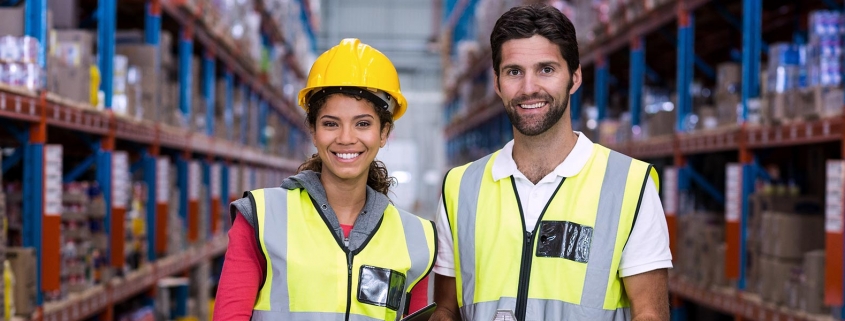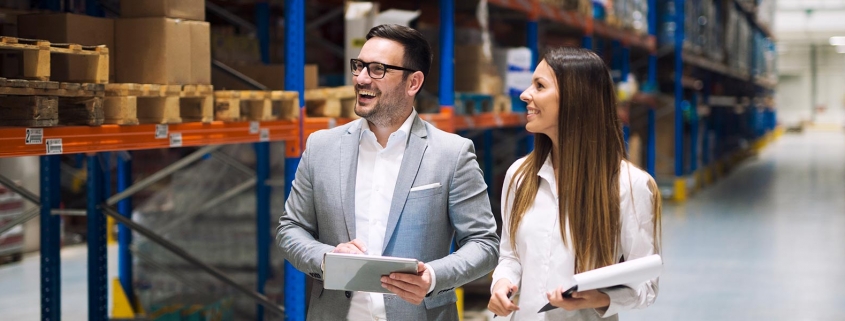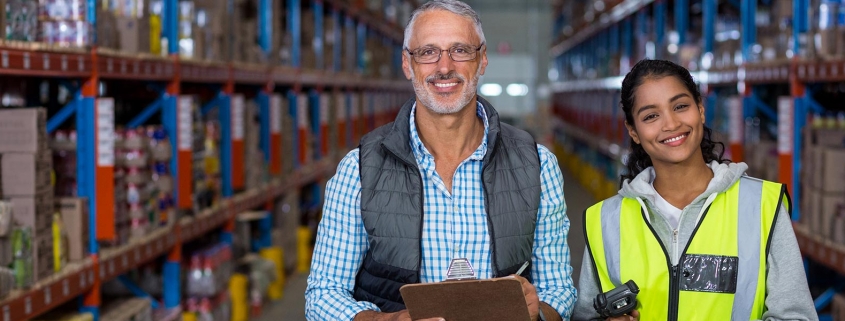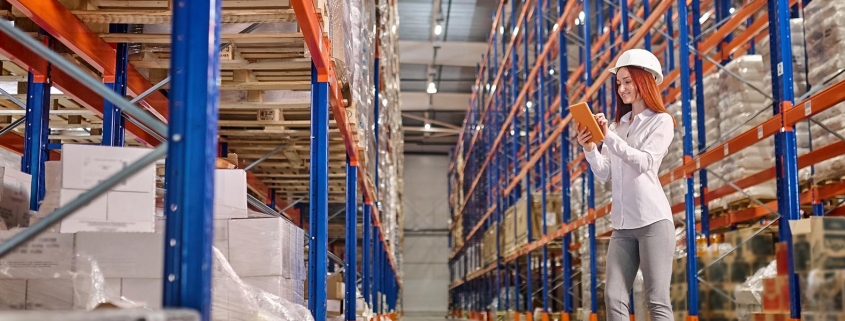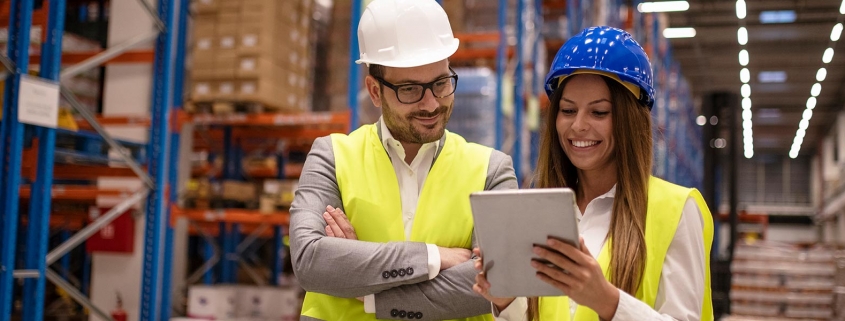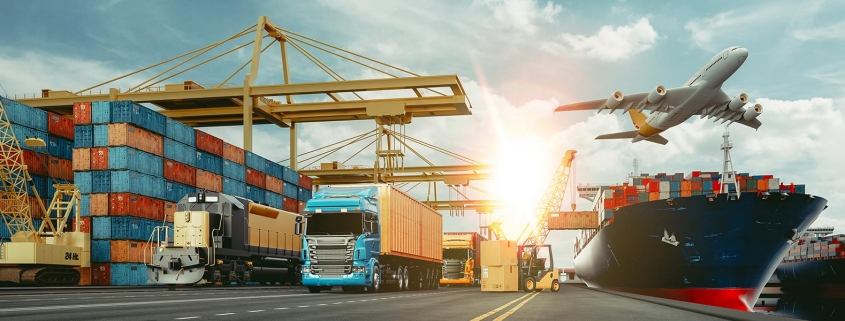? #CargoInsurance #Claims #GlobalTrade
Hello everyone! Today, we’re discussing an important topic: How to address cargo insurance and claims in global trade.
In the world of global trade, unexpected events during cargo transportation can occur, such as loss, theft, or damage. To safeguard interests, cargo insurance becomes crucial. Different types of cargo require different insurance coverage, so selecting the appropriate insurance plan is essential.
When facing cargo loss, initiating a claim in a timely manner is a crucial step to protect one’s rights. However, the claims process can be intricate, demanding detailed documentation and evidence.
To sum up, cargo insurance and claims are integral aspects of global trade that cannot be overlooked. Safeguarding one’s interests is of paramount importance.
#GlobalTrade #CargoInsurance #Claims



